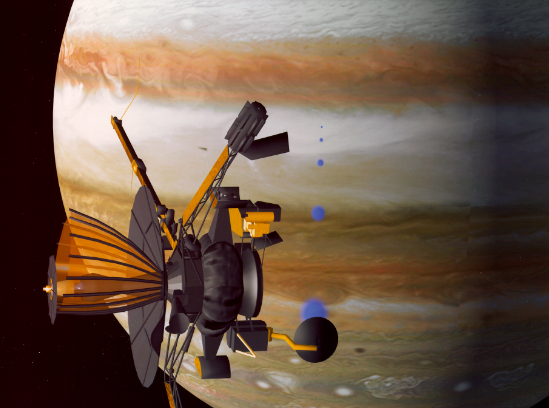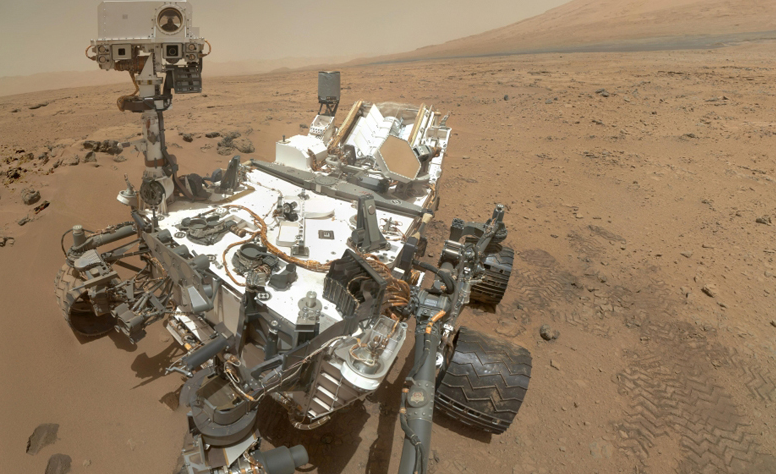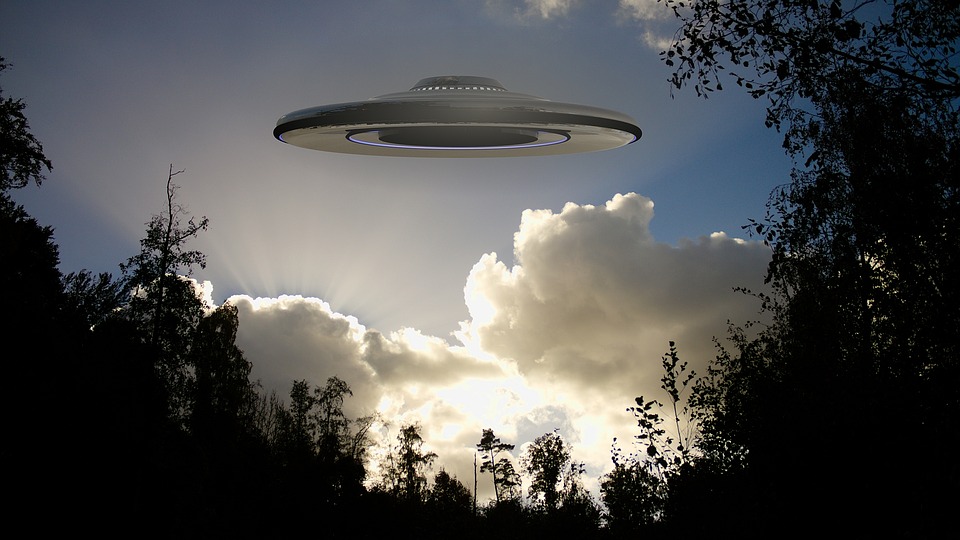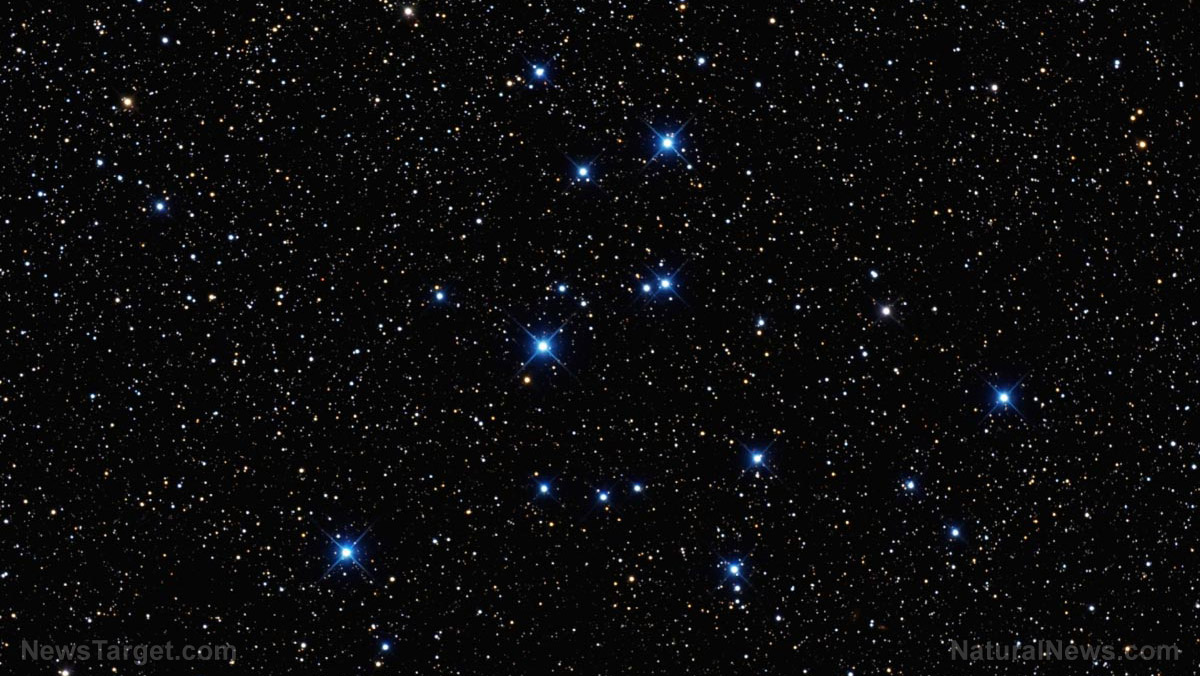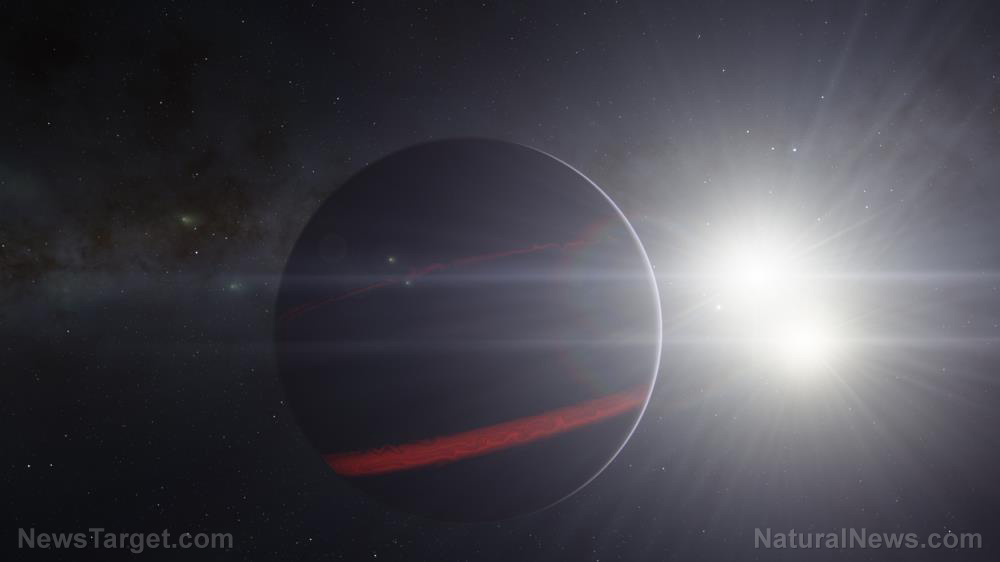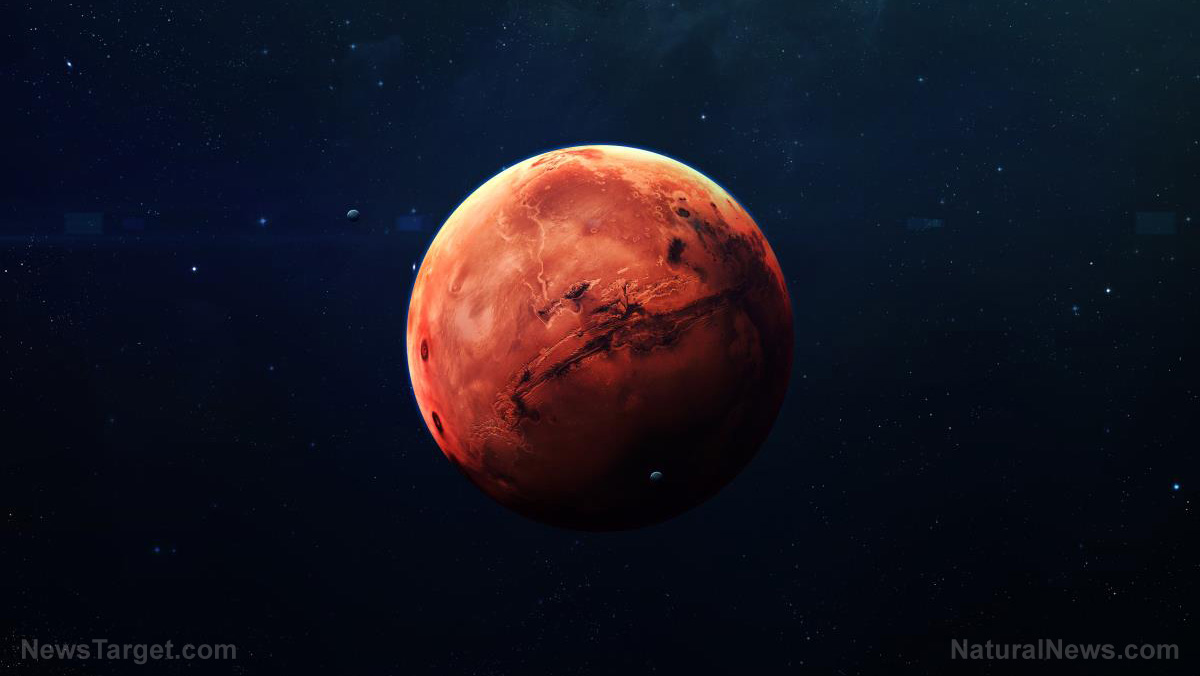
Extraterrestrial life may just be around the corner. However, it probably won't go down the same way science fiction depicts humanity's first interaction with humans – an advanced and hostile spacefaring civilization looking to stomp on the primitive species from a backwater planet. Still, it does look like it's going to happen soon in the form of discovering extraterrestrial microorganisms.
Cathal D. O'Connell, writing for The Conversation, states that "it seems inevitable that alien life is out there" and that it's simply a matter of finding the right environment for life to possibly form.
Chemistry and location
In the argument he lays out, O'Connell states that all it takes for life to form is for the right conditions to be present. This means that a planet has to be within a star's habitable zone where its surface can potentially support liquid water. But this alone isn't enough, for that planet in the habitable zone also has to have a rocky surface and the right atmospheric mix. This doesn't sound as difficult to find as you may think.
O'Connell points out that life is able to survive "in all manner of environments that seem hellish to us." Life has been seen floating in a lake of sulfuric acid, it has been seen thriving in radioactive waste and even using it as a food source, and it has even been found living three miles underground.
O'Connell muses that if life can find a way to stay alive in those hostile environments, extraterrestrial microorganisms surviving in Mars or in one of the moons of Jupiter isn't outside the realm of possibility.
In 2021, the ExoMars rover Rosalind Franklin will drill into the Martian surface with a two-meter drill. She will analyze the composition of the soil and perhaps find evidence of present or past life buried there.
Many of the components necessary for harboring life are already in Mars: it has liquid water underneath its surface and other organic compounds have already been found in the Martian soil. (Related: Mars 'river pebbles' prove the planet once was awash in water.)
Mars isn't even the only place in the solar system that may contain life. Europa and Enceladus, moons of Jupiter and Saturn respectively, are both frozen worlds but they have vast underground seas that may contain life. Enceladus has already been proven to have organic molecules stored away in its depths.
Extraterrestrial life's astronomical implications
O'Connell lays out two possible scenarios for the implications of finding life on another planet.
The first is that life on Earth is related to life in another part of the solar system. "When a large meteorite hits a planet, the impact can splash pulverised rock right out into space, and this rock can then fall onto other planets as meteorites." He believes that it's possible for microbes to survive that trip.
In 1969 when Apollo 12 astronauts retrieved a probe that had been sitting on the Moon for over three years, they found bacteria living in a piece of foam inside a camera that wasn't properly sterilized. It survived 31 months of radiation exposure, temperatures reaching over -400 degrees, without any nutrition. This could mean that all life originated from one source that was able to hitchhike their way through the solar system – either coming from Earth or another part of the galaxy.
The second possibility is that extraterrestrial life in the solar system isn't related to Earth. O'Connell believes this would "turn the world of biology upside down" because extraterrestrial life may not need the same building blocks of life on Earth. It might not need amino acids, its DNA might have a different coding system, or it might even have a different way of passing down genetic information.
Humanity may get an answer in the next few years or decades to the question, "Are we alone?" because this is no longer an imaginative scenario left to the realm of philosophers and science fiction authors. The scientists have taken over – and they're on a voyage of discovery.
Sources include:
Please contact us for more information.
















